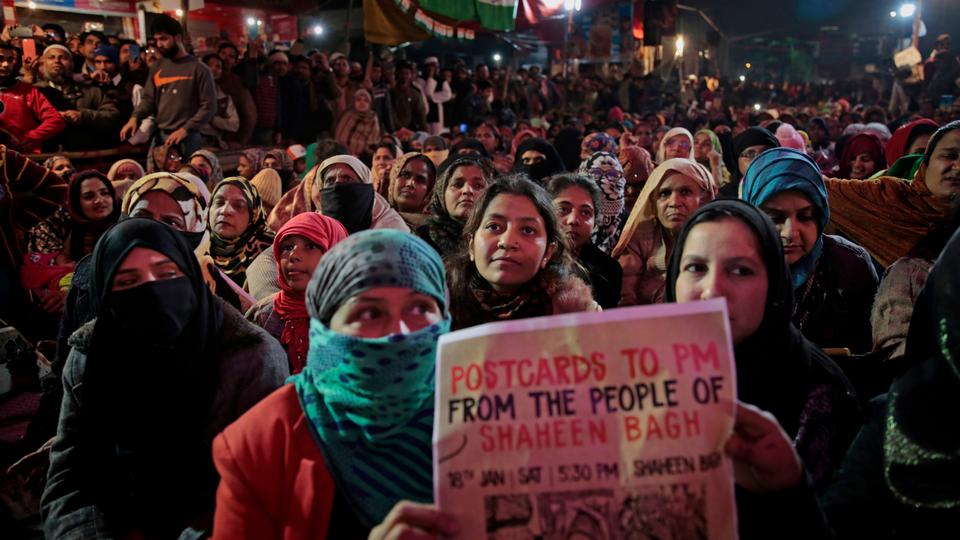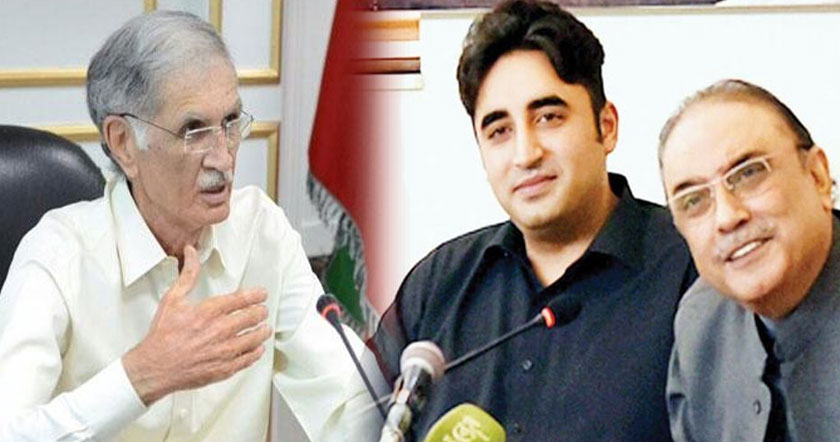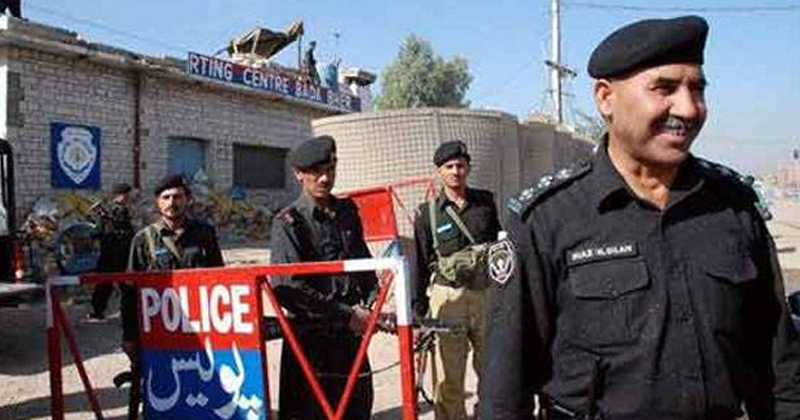Rights groups say the citizenship law, combined with poor urban development, could lead to the forced eviction of millions of people living in poverty. Meanwhile, Muslim women continue to occupy New Delhi's streets in resistance to the divisive law.

Indian women participate in a women-led protest against a new citizenship law that opponents say threatens India's secular identity, at Shaheen Bagh neighbourhood of New Delhi, India. (2020)
Days after nearly 200 homes were demolished in an informal settlement in the southern Indian city of Bengaluru, human rights groups and slum dwellers said they expected more such evictions as a new but divisive citizenship law is enforced across the country.
Police and municipal officials said the homes were built illegally on state land and that residents were undocumented migrants from Bangladesh.
Bengaluru residents said the people were migrants from other Indian states, and that they were evicted without any notice.
The Karnataka state high court has prohibited further evictions and asked the municipal corporation and the police to respond to its queries on the eviction by January 29.
Human rights groups said it was an outcome of tensions around India's new citizenship law, which came into effect on January 10 and lays out a path for citizenship for six religious minorities in neighbouring mostly-Muslim countries: Pakistan, Afghanistan and Bangladesh.
Critics say that the omission of Muslims is discriminatory and that the Citizenship Amendment Act (CAA), as well as a planned National Register of Citizens (NRC), target poor Muslims and others who do not have sufficient documentation.
Source

Indian women participate in a women-led protest against a new citizenship law that opponents say threatens India's secular identity, at Shaheen Bagh neighbourhood of New Delhi, India. (2020)
Days after nearly 200 homes were demolished in an informal settlement in the southern Indian city of Bengaluru, human rights groups and slum dwellers said they expected more such evictions as a new but divisive citizenship law is enforced across the country.
Police and municipal officials said the homes were built illegally on state land and that residents were undocumented migrants from Bangladesh.
Bengaluru residents said the people were migrants from other Indian states, and that they were evicted without any notice.
The Karnataka state high court has prohibited further evictions and asked the municipal corporation and the police to respond to its queries on the eviction by January 29.
Human rights groups said it was an outcome of tensions around India's new citizenship law, which came into effect on January 10 and lays out a path for citizenship for six religious minorities in neighbouring mostly-Muslim countries: Pakistan, Afghanistan and Bangladesh.
Critics say that the omission of Muslims is discriminatory and that the Citizenship Amendment Act (CAA), as well as a planned National Register of Citizens (NRC), target poor Muslims and others who do not have sufficient documentation.
Source










































